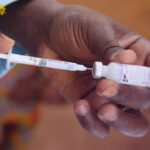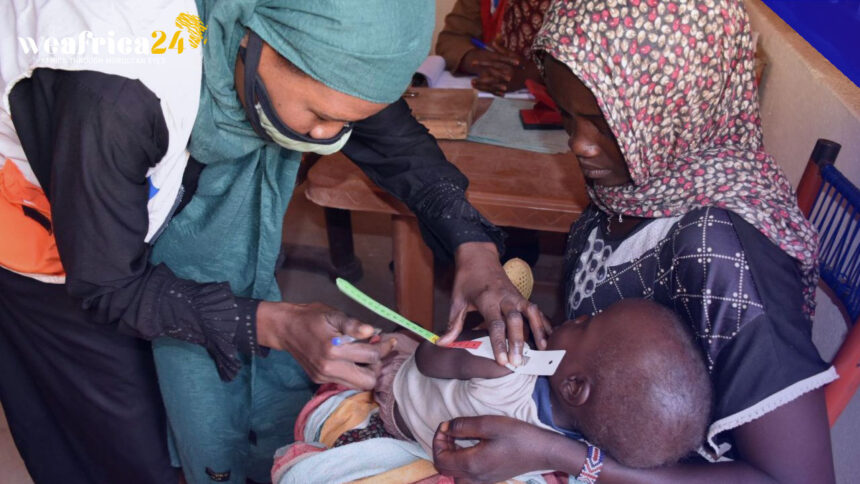Africa is a continent that has been plagued by health problems for decades. The continent is home to some of the world’s poorest and most vulnerable populations, with much-lacking access to basic healthcare services. As a result, many Africans are at risk of developing various health problems, which can have devastating consequences on their lives and communities.
Malaria is one of the most common health problems in Africa, caused by a parasitic disease spread by mosquitoes, and it can result in fever, headaches, and muscle pain.
According to the World Health Organization (WHO), Africa accounts for 90% of all malaria cases and deaths worldwide, making it a significant public health issue.
Children under five and pregnant women are the most vulnerable to malaria, and the disease is a major cause of death in these groups.
Another significant health problem in Africa is HIV/AIDS. The disease is transmitted through blood, semen, vaginal fluids, and breast milk, and it weakens the immune system, making it difficult for the body to fight off infections. According to UNAIDS, approximately 25.7 million people were living with HIV in sub-Saharan Africa in 2020. HIV/AIDS is a major health problem in Africa, and it has had a devastating impact on communities across the continent.
Tuberculosis (TB) is another health problem in Africa that is often overlooked. It is a bacterial infection that affects the lungs and can be transmitted through the air.
According to the WHO, Africa has the highest incidence of TB in the world, with over 70% of all new cases reported in 2020. TB is a major cause of death in Africa, and it often goes untreated due to a lack of resources and funding.
Maternal and child health is also a significant health problem in Africa, where many women give birth without proper medical care, leading to complications such as maternal and infant mortality. According to the WHO, sub-Saharan Africa has the highest maternal mortality ratio in the world at 462 deaths per 100,000 live births. Additionally, many children in Africa die from preventable diseases such as diarrhea and pneumonia due to a lack of access to clean water, sanitation, and healthcare.
Non-communicable diseases (NCDs), such as diabetes, cancer, and cardiovascular disease, are also on the rise in Africa. According to the WHO, NCDs are responsible for 37% of all deaths in sub-Saharan Africa, and this number is expected to increase in the coming years. The rise in NCDs in Africa is attributed to lifestyle changes, including a shift towards a more Westernized diet and a decrease in physical activity.
In conclusion, Africa faces a range of health problems that significantly impact the continent’s population and economy. Poverty, a lack of resources, and political instability often compound these health problems. Addressing them will require a concerted effort from governments, healthcare providers, and international organizations. Only through collaboration and a sustained commitment to improving healthcare in Africa can we hope to address these health problems and improve the lives of millions of people on the continent.







